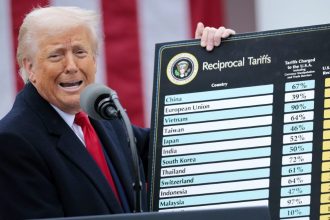On July 1, 2025, Pakistan’s consumer price inflation (CPI) reached 3.2% year-on-year in June, aligning with the finance ministry’s 3–4% projection.
According to the Pakistan Bureau of Statistics, the CPI rose 3.2% year-on-year in June 2025, down from 3.46% in May, with a month-on-month increase of 0.2%, reversing the 0.2% decline in May. Topline Securities noted that fiscal year 2025’s average inflation of 4.49% was significantly lower than 23.41% in FY24, driven by a 30% drop in electricity prices and a 3.28% deflation in housing and utilities. Urban CPI fell to 3.0%, while rural CPI rose to 3.6%.
The State Bank of Pakistan (SBP) maintained its key interest rate at 11% in June, projecting inflation to stabilise at 5–7% despite near-term volatility. Pakistan’s FY26 budget, with new taxes and subsidy cuts, supports IMF loan goals but risks higher energy and tax costs, potentially fueling inflation later in 2025. A $3.4 billion Chinese loan rollover also bolstered reserves, contributing to market stability.
Read: Pakistan Stock Exchange Soars to 127,927 in Fiscal Year 2025-26 Opener
The Pakistan Stock Exchange (PSX) surged 2.3% to a record 128,475.7 points on July 1, reflecting optimism from fiscal reforms and economic stability. Topline Securities predicts FY26 inflation at 6–7%, with real interest rates at 400–500 basis points, which is above the historical range of 200–300 basis points. Analysts warn that commodity price spikes could alter estimates, impacting consumer costs.
Pakistan’s low inflation rate of 3.2% signals economic stabilisation, supported by IMF-backed reforms and reserve growth. However, looming tax and energy cost increases could challenge affordability, affecting millions. The PSX’s record high underscores investor confidence, but sustained reforms are key to balancing growth and inflation.






